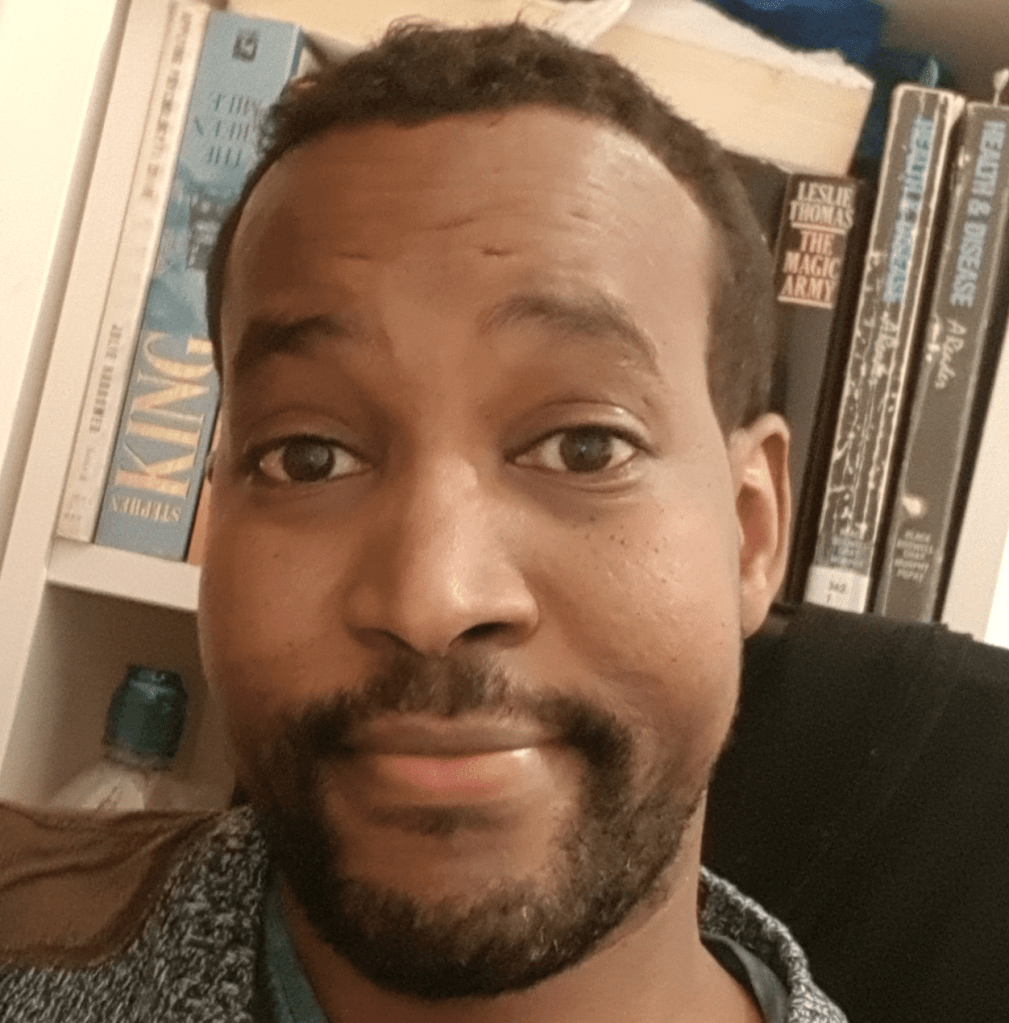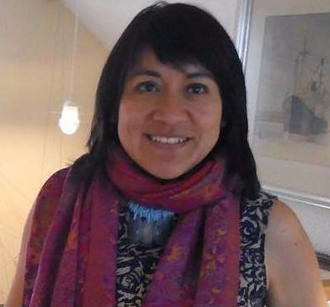The search for talent and innovation is increasingly becoming a prominent feature in many fields including Higher Education (HE). This follows a common assumption that knowledge capital generates new discoveries and innovations. In the field of HE, one of the many ways in which such concept takes hold is through the international mobility of HE staff – which is growing both in scope and influence. This population is said to diversify HE settings and make them ‘global campuses’ and ‘knowledge hubs’. They are also said to contribute to the creation and diffusion of tacit knowledge through direct interactions (OECD, 2010).
The international mobility of HE academic staff occurs through established channels and partnerships between transnational HE institutions and through career track individuals seeking to fulfil their own career ambitions. Academic institution are increasingly going international and seek to draw upon specific knowledge or abilities from expanded pool of talents. They do this in a number of ways – including creating international knowledge networks through their [foreign] international staff. For HE academic staff, mobility offers an avenue from which to exploit opportunities abroad and realise career goals.
There are several factors that shape international mobility. Skills–based selective policies play an important role in influencing mobility choices, but also in minimising the potential effects of legal and technical constraints including immigration and language barriers. Restrictive policies in the form of immigration and other technical obstacles are often blamed for limiting the international mobility of HE academic staff. Examples include the point–based systems in Australia and the United Kingdom and the H1B visa in the United States. Liberalizing immigration policies is likely to generate more competition for talent, and help with the flow HE academic staff particularly from low – income and non–OECD settings.
The labour market can also hinder international mobility. Figures from OCED on highly skilled academics suggest significant and surprising gaps between international mobility and income, the former being associated with lower earnings in several countries (Auriol et al., 2010).
The competition for talent is fierce, and inevitably, there are those who win (brain gain) and those who lose (brain drain). In HE landscapes, the former tends to be concentrated in a few high–income OECD countries, and the latter in low–income and non–OECD settings. More recent considerations on ‘brain circulation’ have reframed the discourse and highlighted the circularity of knowledge flows. Recent evidence sheds some light on the relationship between students and scientists flows, with individuals going abroad to study and then returning home with the know–how along with acquired innovations and networks (Del Carpio et al., 2016). This suggests brain circulation takes place within wide complex networks of highly skilled and internationally mobile academics, and provides an avenue to counter the effects of brain drain particularly in low – income and non–OECD HE settings.
References
Auriol, L., Felix, B. & Schaaper, M. (2010) Mapping Careers and Mobilities of Doctorate Holders: draft.
Del Carpio, Ximena, Çağlar Özden, Mauro Testaverde, and Mathis Wagner. (2016). “Reversing Brain Drain: Evidence from Malaysia’s Returning Expert Programme.” Policy Research Working Paper 7875, World Bank, Washington, DC.http://dx.doi.org/10.1787/5kmlfbn2ddtd-en.
OECD (2010). The OECD Innovation Strategy: Getting a Head Start on Tomorrow. OECD, Paris. http://dx.doi.org/10.1787/9789264083479-en.

Dr Hassan Osman is a lead lecturer in research methods in the Faculty of Health & Wellbeing at the University of Bolton. Main academic interests: technology driven pedagogy, accelerated learning & education development in crisis or emergency settings (@drhassanosman1).

Dr Rossana Espinoza is an Online Learning Content Developer at the Centre of Academic Practice Enhancement at Middlesex University, helping staff with active practice based learning, collaborative learning classrooms or social media. She supports the Staff Development Forum as Communications Officer since November 2016 on a pro bono basis. She is passionate about Education and technology (please note the capital E and lower case t!). She is formerly a lecturer in Languages, Business and Research Methods at Coventry University. Find her on Twitter. Find her on LinkedIn.
The Wakelet for this chat is available here.





